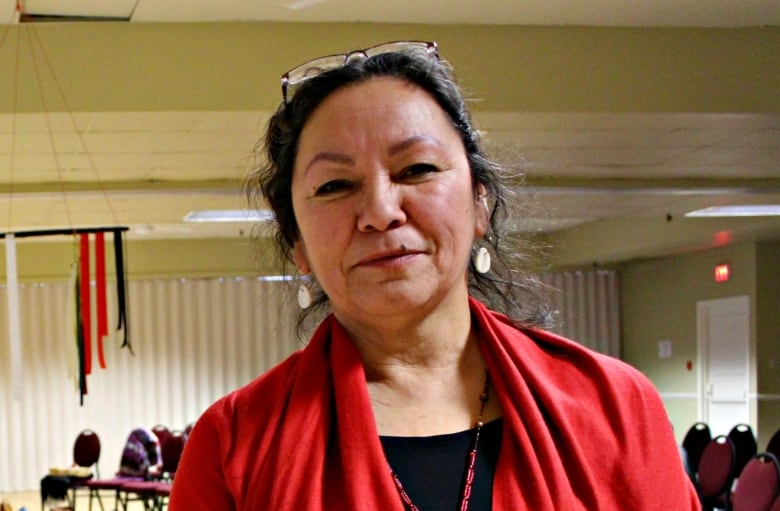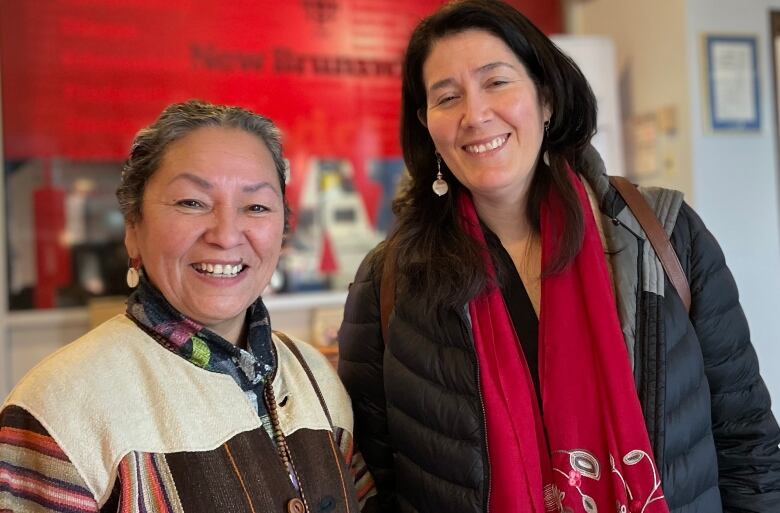Hundreds expected in Fredericton for weekend conference on Wabanaki languages | CBC News

[ad_1]
Natasha Simon didn’t grow up speaking the Mi’kmaw language.
Although her mother is fluent, she was raised with the value of excelling in English and the Western knowledge system.
“I could read by the time I was three years old. And [my mother] would quiz me on encyclopedia knowledge. And she just, she had her dreams for me,” said Simon, who is from Elsipogtog First Nation, but grew up in Moncton.
In her 20s, she began to do some research and slowly, she started building her language skills.
Simon, who is also the director of the Mi’kmaq-Wolastoqey Centre at the University of New Brunswick, said what really spurred her to start speaking in her language was a meeting with Elder Miigam’agan about 10 years ago.
Miigam’agan, who is the elder-in-residence at St. Thomas University, said hearing how she pushed Simon to speak in her language is inspiring.

“It’s been my lifelong calling to instill desire in our people to want to learn,” said Miigam’agan, adding there are many factors that prevent Indigenous people from using their language.
That’s part of the reason why about 250 people are gathering in Fredericton over the weekend to discuss the revitalization of the Wabanaki languages.
The event, which Simon and Miigam’agan are both involved in, is called “The Language Will Weave Us Together.”
Attendees are coming from everywhere in the Wabanaki homelands, said Simon — Wolastoqey people from New Brunswick, Passamaquoddy and Penobscot people from Maine and Mi’kmaw people from Nova Scotia and New Brunswick.
Along with language revitalization, the conference will also tackle best practices for immersion programs.
Sense of belonging
Growing up, Simon said being around her cousins. who were all fluent in their language affected her sense of belonging. Her language is fundamental to who she is, something that is important to her worldview and her connection with her ancestors.

Another crucial practice, said Simon, is gathering. And up until this year, the annual conference was on hold because of COVID-19.
“The purpose of gathering, like, it’s so fundamental to who we are, to have those gatherings … to be of one mind for that period of time and to practice … our understandings with one another.”
[ad_2]